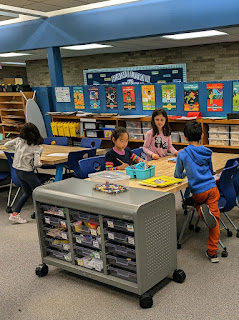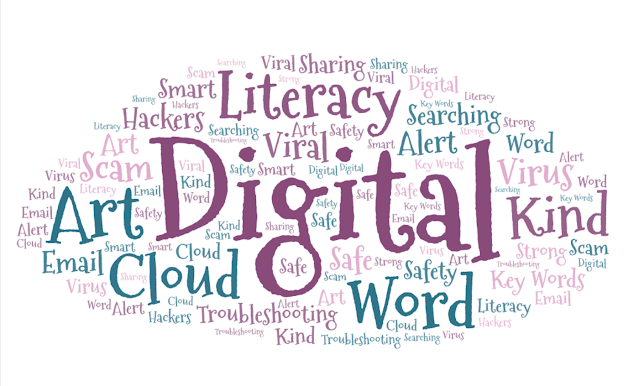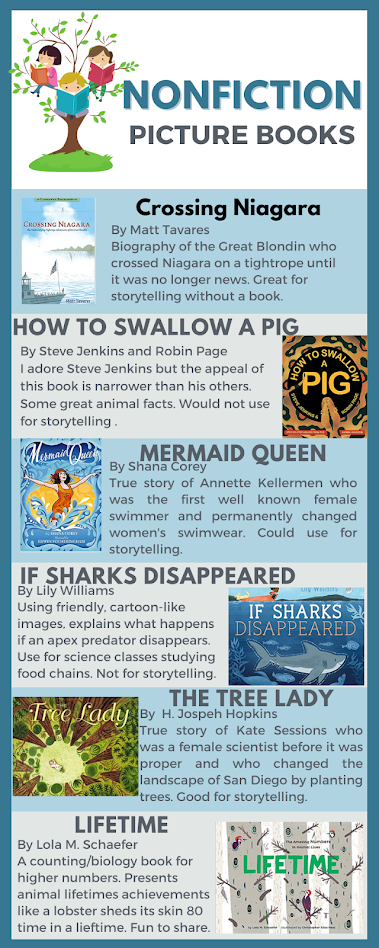Curate
My final interview was with Lauren Henderson, the elementary school librarian at Hamilton Elementary in Troy, MI. I did my internship with Henderson.
For this interview I chose the foundation: curate. Like most of the librarians I interviewed in Michigan, Henderson does not consciously apply the AASL standards to her daily lessons. She doesn't have a copy of the standards and can't name the shared foundations. Still, it wasn't hard to find how the curate foundation is a part of her program. She has multiple lessons at various grade levels teaching the students to use databases. A thorough inspection of her collection reveals diverse characters, authors, and experiences both in fiction and nonfiction. Her collection is up-to-date with an average of 2016 in nonfiction and 2012 in fiction. Hamilton's large and generously funded maker-space allows for more exploration of various tools for.
Henderson does not collaborate much with teachers. Her media lessons tend to be independent of what the teachers do in the classroom though her collection supports the different topics and genres explored in the curriculum. Media is a special at Hamilton and Henderson says there isn't much time to collaborate with 5-6 classes a day (50-minute classes).
Henderson is the director of elementary school media specialists in her district (there are 10 of them). As the director, she has tried to get the other librarians to examine and discuss the standards at meetings but had not been successful. She thinks being connected to a national set of standards would strengthen their programs and provide support should budget cuts suggest changes to Media. She isn't sure if the other librarians just want to do their own thing or truly aren't interested in the standards.
Every school in the Troy School District has exemplary status from the Michigan
21st Century School Librarian Program. Each criteria for this status is based on different parts of the AASL standards. I suspect this 21st Century status is why I could find examples of curate in her program without looking hard (of course, spending 5 days in the library also made me more familiar with what Henderson does). The librarians in Troy would be strengthened by knowing how what they teach connects to the standards and then promoting this to administrators. Currently, the administrator in charge of the district's librarians tells them to focus on creating memorable experiences. While this is not a bad thing, it is not essential and does not establish why librarians are necessary. Troy is a bit of a unicorn in the state of Michigan regarding how well it funds its libraries. I hope they can hold on to the positions, but I fear they have become complacent and are failing to advocate for their libraries and failing to connect to the resources that make advocating easier.





Comments
Post a Comment